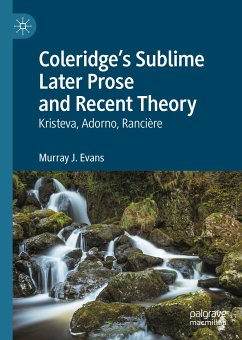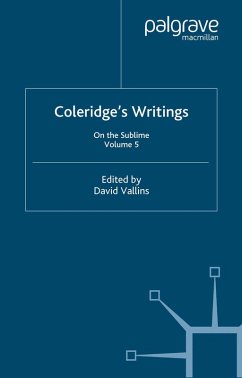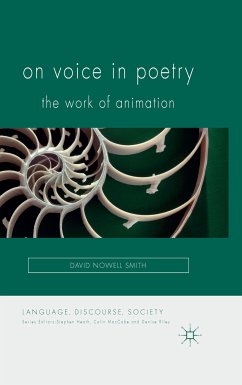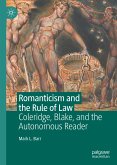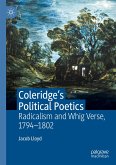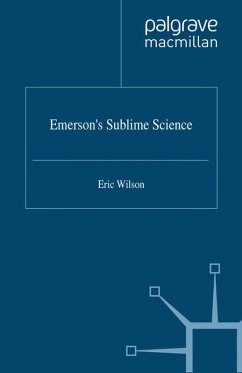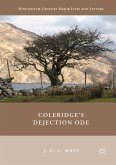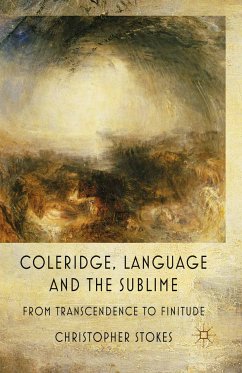This book explores the sublime in Samuel Taylor Coleridge's later major prose in relation to more recent theories of the sublime. Building on the author's previous monograph Sublime Coleridge: The Opus Maximum, this study focuses on sublime theory and discourse in Coleridge's other major prose texts of the 1820s: Confessions of an Inquiring Spirit (wr. 1824), Aids to Reflection (1825), and On the Constitution of the Church and State (1829). This book thus ponders the constellations of aesthetics, literature, religion, and politics in the sublime theory and practice of this central Romantic author and three of his important successors: Julia Kristeva, Theodor Adorno, and Jacques Rancière.
Murray J. Evans is Professor Emeritus of English at the University of Winnipeg and Retired Fellow at St John's College, University of Manitoba, Canada. He has taught medieval literature and medievalism, Coleridge, children's literature, "Inklings" C.S. Lewis et al., literary history, and literary theory. He is the author of Rereading Middle English Romance (1995) and Sublime Coleridge: The Opus Maximum (Palgrave, 2012) and has also published essays on Malory and the Malory manuscript, Chaucer, Piers Plowman, Coleridge, and C.S. Lewis.
Dieser Download kann aus rechtlichen Gründen nur mit Rechnungsadresse in A, B, BG, CY, CZ, D, DK, EW, E, FIN, F, GR, HR, H, IRL, I, LT, L, LR, M, NL, PL, P, R, S, SLO, SK ausgeliefert werden.
Hinweis: Dieser Artikel kann nur an eine deutsche Lieferadresse ausgeliefert werden.
Coleridgeans with little interest in modern theory, should read this book, as it provides fresh insights into the later Coleridge not ordinarily available from single-author analyses. Evans comparative breadth can only deepen our appreciation of the persistence of the Coleridgean milieu. (Peter Larkin, The Coleridge Bulletin, Vol. 63, 2024)

